Langreview Kurzkritik English Version Fakten + Credits
True crime formats have been going through the roof for a few years now. In various podcasts and documentaries we can watch journalists investigating all kinds of crimes. One particular type of criminal, however, seems to exude a special fascination. The serial killer. DAHMER, a series in which Evan Peters embodies the brutal murderer, was recently launched on Netflix. As it currently stands, the series could become one of Netflix’s biggest successes in 2022. However, the interest in these gruesome stories is not new. As early as 1991, moviegoers watched Anthony Hopkins take on the role of the cannibal Hannibal Lector. Films like ZODIAC by David Fincher, or MEMORIES OF MURDER by Bong Joon-ho also became huge successes.
But why are we drawn to these dark stories? Why do so many people sink into documentaries about killers like John Wayne Gacy, Ed Kemper, or just Jeffrey Dahmer, or enjoy sinister horror films? Studies have shown that our human brain has a very primitive understanding of fear. So we feel fear equally in both fictional horror and real-life situations, even when we rationally know we are safe. When we have survived such a „danger“, our brain releases happiness hormones. We also experience this rush on a roller coaster ride, for example. Another story about a brutal serial killer can be seen in the debut film of Russian director Lado Kvataniya. In KAZN, the police are pushed to their limits when a killer goes on the rampage.
Here’s what it’s all about…
A serial killer murders several women between 1978 and 1991, always following the same pattern. The murders take place in the forest, where the killer throws his victims to the ground. He stabs them several times in the back, stuffs dirt in their mouths and then turns them over and finally kills them. It is 1981 and the police are not getting anywhere with their investigations. That’s why Issa Davydov (Niko Tavadze) is supposed to take over the case. The policeman has just used creative methods to put a brutal murderer in prison, and he is just the man needed for this case. The investigators work on the case for over ten years until a perpetrator is convicted. But there are more victims. A woman manages to escape from the perpetrator and is able to steer Issa and his colleagues in the right direction. Apparently the perpetrator is a man who lives in a remote hut, he vehemently denies the crime and so the police resort to highly questionable interrogation methods.
Review
In KAZN, director Lado Kvataniya has clearly taken his cue from the great role models. The film has a similar basic mood to ZODIAC or MEMOIRS OF MURDER, but still manages to be something of its own. The film does not have a chronological narrative, but jumps back and forth in the years. It demands quite a bit of attention from the viewers, but if you stay on the ball, you will be rewarded with an extremely satisfying film. At first, the time jumps seem a bit confusing, but the longer the film goes on, the more you realise that there is a very clear plan behind the plot. The director manages to constantly provide us with new, important information. Even though the film has a rather calm pace, there is no standstill, it constantly moves forward.
Why one has to think directly of the films by Bong and Fincher is due to the aesthetics of the film. We see very many similar shots in which, for example, the camera slowly moves backwards, creating a large overall picture. In the process, we see desaturated colours that almost fade into shades of grey, giving us a glimpse into the gloomy mental lives of the characters. Cinematographer Denis Firstov has an insane eye for detail. Again and again we are given small visual clues that we don’t consciously notice at first, but which appear again and again in the course of the film.
A promising directorial debut
A major highlight of KAZN is the great acting and the interesting characters. Niko Tavadze, who plays the investigator Issa Davydov, presents us with a multi-layered character who is increasingly broken by his own shortcomings. He is exceedingly vain and irascible, he does not forgive mistakes. Although he himself put a wrong man in prison, he justifies his misjudgement by saying that it was not he who put the man away, but the court. Another actor who presents excellent acting is Daniil Spivakovski. He embodies the new suspect who comes to the attention of the investigators in 1991. A psychological chess game develops between him and the investigators in which there can only be one winner.
Beneath the surface of KAZN, however, there is much more. Nothing is as it seems. There are some unforeseen developments that leave you breathless and an ending you wouldn’t expect. In addition, director Lado Kvataniya takes a very critical look at the Russian security authorities. Relatively quickly, the film makes it clear that the aim is not to lock up the real perpetrator, but to put a face to the deeds in order to reassure the public. To this end, the investigators repeatedly resort to psychological and physical violence. Anything is lawful to get a confession out of the suspects. Thus KAZN becomes a film without heroes.
 Conclusion
Conclusion
With KAZN, Russian director Lado Kvantaniya has succeeded in making a great and very exciting crime thriller. This is all the more impressive when you consider that the film is his directorial debut. In the film, he draws multi-layered characters, all of whom are flawed. There is no shining hero, they all have dirt on them. In addition, the film is beautifully filmed and unpredictable. If you are in the mood for a thrilling crime thriller that stands out from the crowd of other genre representatives, you should take a look here. Lado Kvantaniya should not be lost sight of; if he delivers more films of this quality, he probably has a great career ahead of him.
How did you like the movie?


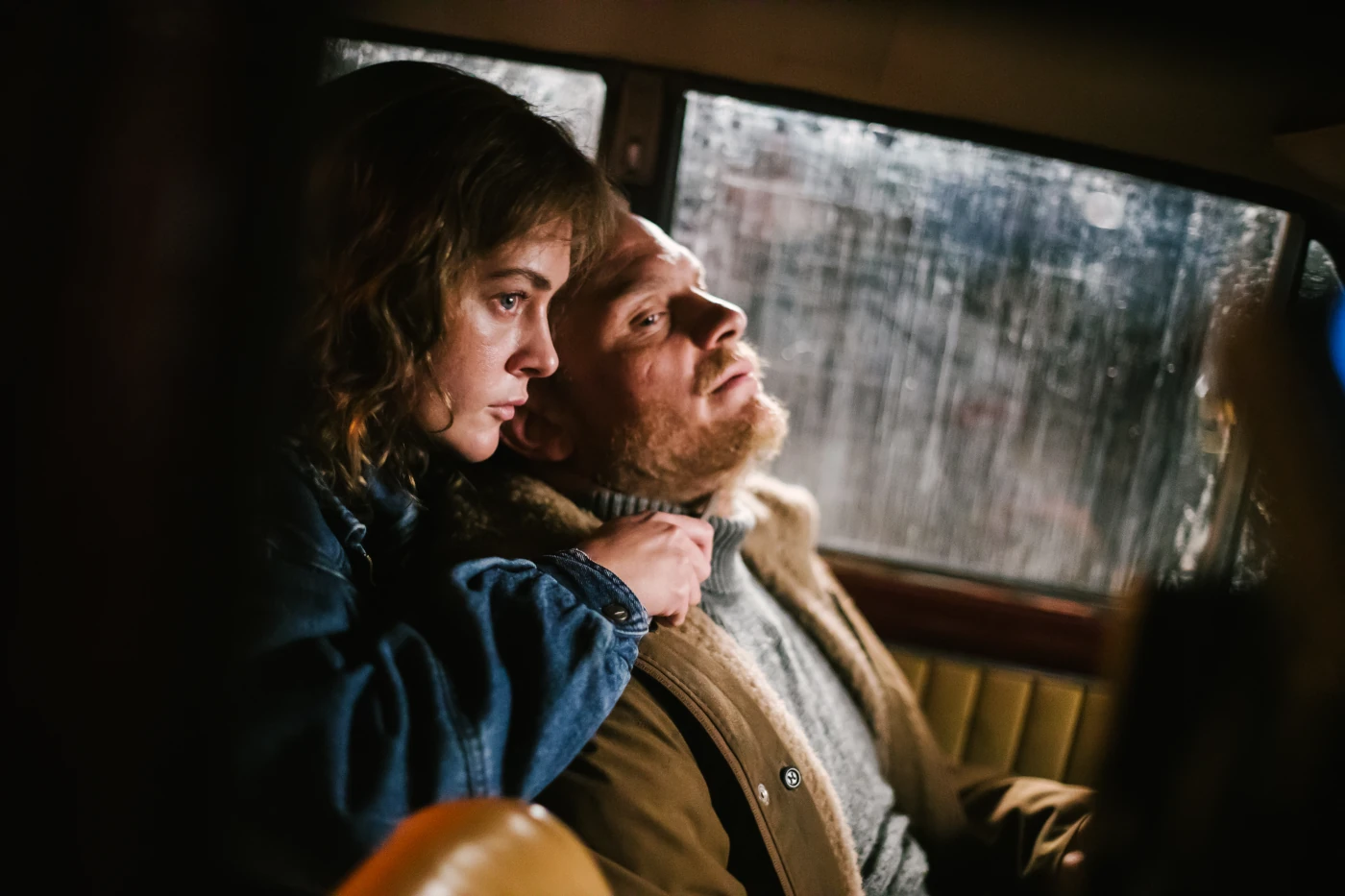
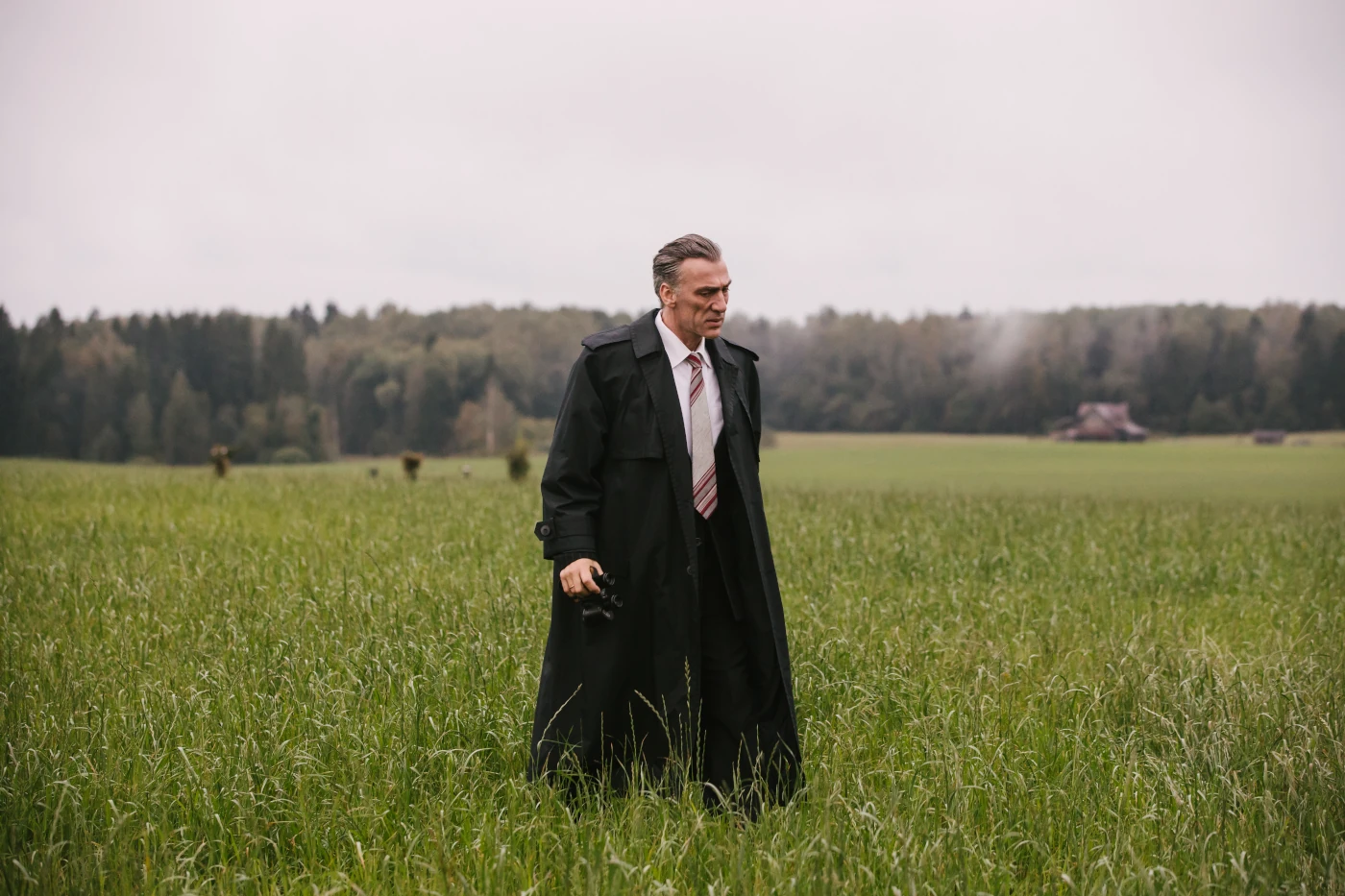

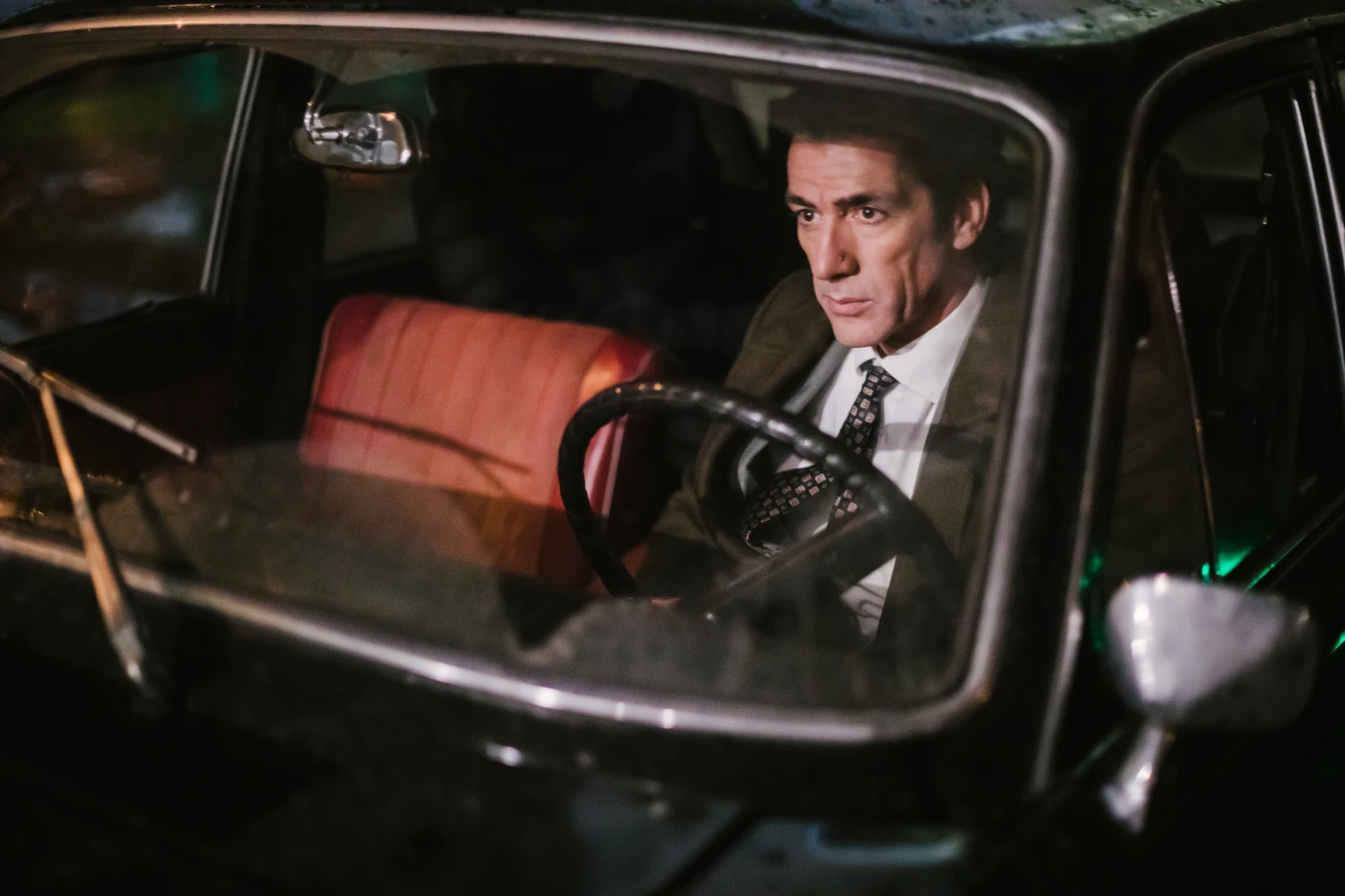




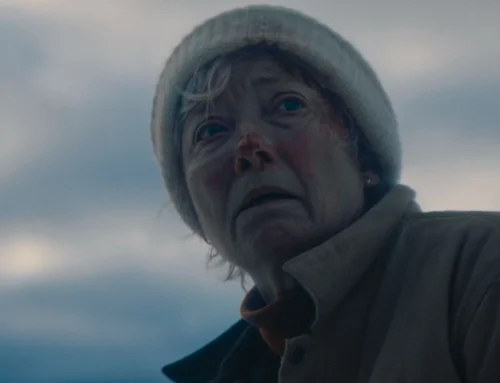

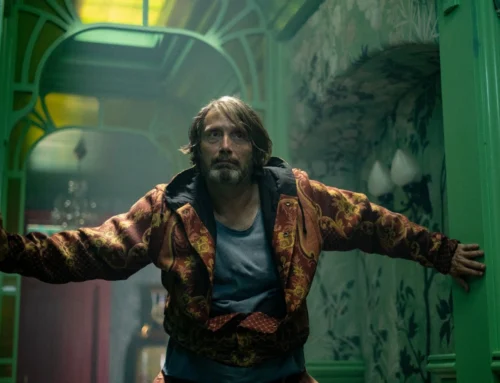

Hinterlasse einen Kommentar